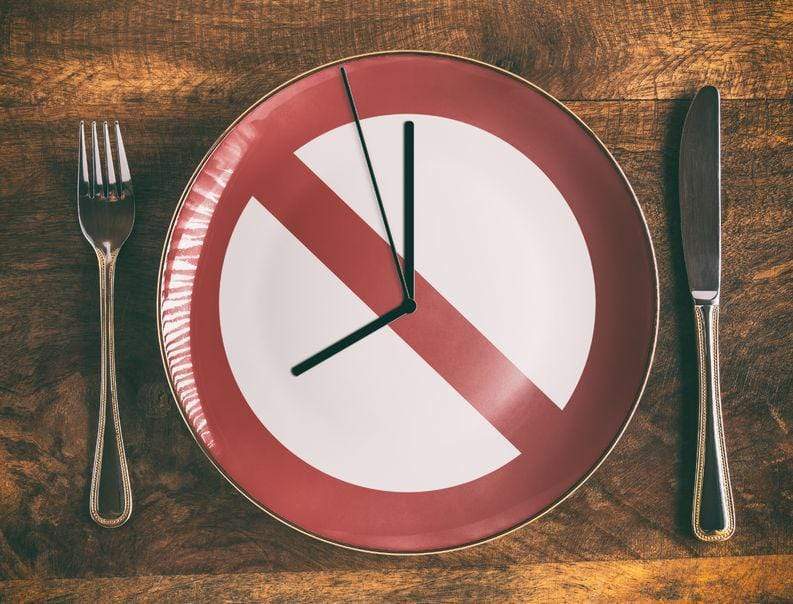Intermittent fasting (IF) is a pattern of eating that focuses on the timing of meals and alternates between periods of eating and periods of short-term fasting. Fasting periods may last for several hours up to several days. Instead of focusing on which foods to eat, you’ll focus on when to eat if you try intermittent fasting.
Supporters of intermittent fasting credit fasting with a host of health benefits, including:
- Weight loss – resulting from a decrease in total calorie intake.
- Improved body composition – fasting may help boost metabolism and support muscle building and fat burning. This may be of particular advantage for athletes.
- Improved blood sugar and insulin control, which can decrease your risk of developing insulin resistance and diabetes
- Reduction in cholesterol and triglycerides, which is important in protecting against heart disease
- Reduced levels of body-wide inflammation, which can result in increased longevity and less risk of chronic disease
- Improved healing and repair at the cellular and DNA level, which can also promote longevity
Other perks of intermittent fasting include flexibility, the chance to tune in to your body’s hunger signals, and fewer meals to purchase or prepare.
Below are several popular timing variations of intermittent fasting:
- 16/8 method – This method restricts eating to an 8-hour time frame, typically mid-morning to early evening (i.e. 10AM to 6PM). Fasting occurs over 16 hours, including evening, bedtime, and early morning hours.
If you follow this method, you’ll usually end up skipping breakfast, which may not be ideal for people who have high-energy needs in the morning or anyone that wakes up feeling super hungry.
- 5/2 method – This method will have you eat normally with no time or calorie restrictions 5 days a week. For 2 non-consecutive days each week, you’ll consume a very low number of calories, typically no more than 500 calories each day.
- 24 hour fast – This method requires you to fast in 24-hour time periods, once or twice a week. That means you’ll eat normally without any time restrictions 5-6 days a week and refrain from eating 1-2 days a week.
24-hour fasts can be hard to maintain and may not be the best fit for everyone. Entire fasting days can interfere with social events that revolve around food, increase your risk of binge eating, and leave you feeling “hangry.”
Of course, fasting overnight or every other day isn’t a free pass to all the junk food you want during feeding times. It’s also important to not overdo it and binge on large portions following a fasting period.
If you’re interested in trying intermittent fasting and you are an athlete, the easiest way to begin is to start extending the amount of non-eating overnight hours. You can start with 8 hours, work your way up to 12 hours, and eventually the 16/8 method. If you start slowly you can see how fasting impacts your athletic performance.
Changing your body composition, improving athletic performance, and maintaining overall health require still proper fuel. To reap the health benefits of intermittent fasting, the majority of your diet should be nutrient-rich whole foods, such as lean proteins, whole grains, vegetables, fruits, and healthy fats.
Stay Tuff,Team TuffWraps

